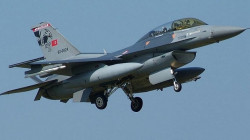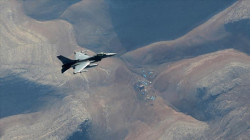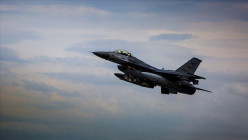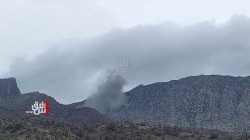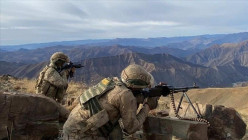Turkiye’s airstrikes kill 14 PKK members in Kurdistan Region
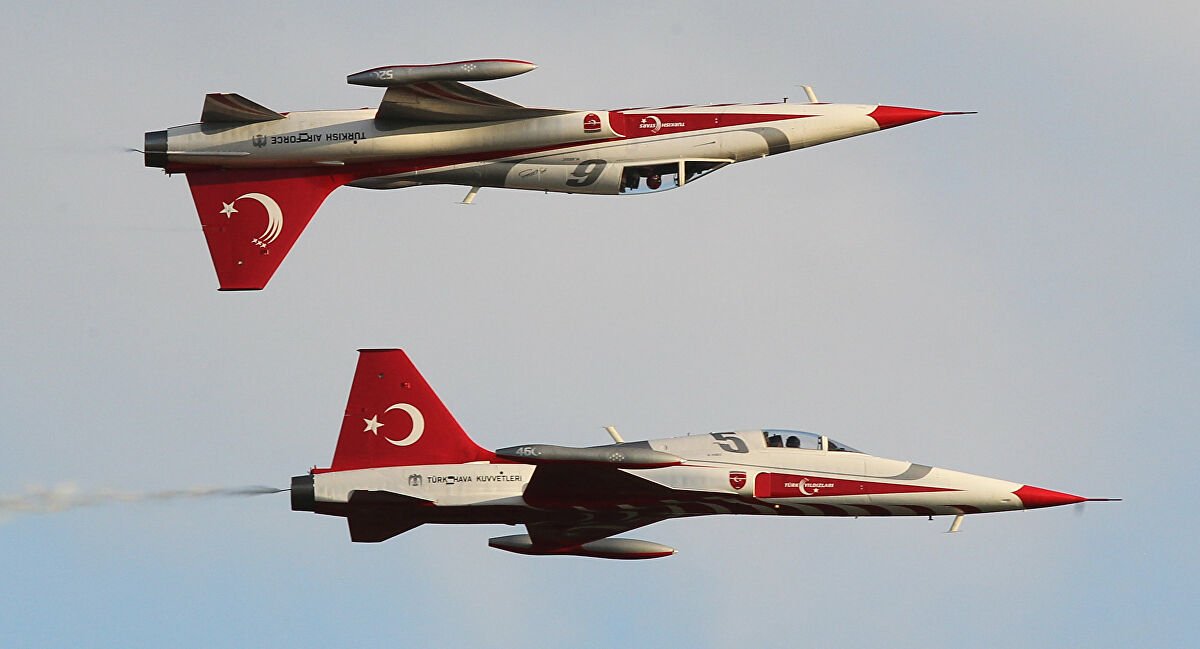
Shafaq News/ On Wednesday, the Turkish Ministry of Defense announced that its airstrikes on strongholds of the Kurdistan Workers' Party (PKK) in the Kurdistan Region (KRI) neutralized 14 members of the party opposing the Ankara regime.
The Turkish authorities use the term "neutralized" to imply that the person in interest has been killed or captured.
The ministry stated, “The airstrikes conducted by the Turkish Air Force from October 9 to 11 resulted, according to preliminary information, in the neutralization of 9 party members in the Kara area and 5 others in the Hakurk region in northern Iraq.”
“Our Turkish Armed Forces continue to strike the terrorist organization PKK in its lairs,” it added.
On Tuesday, the ministry announced that two PKK members were killed in the Hakurk region.
Notably, Turkiye conducts operations to combat the PKK, which targets its forces and citizens and operates in several countries in the region, including Iraq, Syria, and Iran.
The PKK has established a stronghold in the Qandil Mountains in the KRI and is active in various cities, regions, and valleys, launching attacks on Turkish territory from there.
The conflict between Turkiye and the PKK has its origins in the early 1980s when the PKK began its armed struggle for an independent Kurdish state within Turkiye. Throughout the 1980s and 1990s, this conflict escalated into a full-scale insurgency, with the PKK employing guerrilla tactics and the Turkish military responding with major operations targeting PKK strongholds, both within Turkiye and across the border in northern Iraq.
In recent developments, on August 15, following two days of high-level security discussions in Ankara, Turkiye and Iraq signed an agreement aimed at strengthening military, security, and counter-terrorism cooperation, explicitly focused on combating the PKK. This accord includes the establishment of joint coordination and training centers in Baghdad and the Bashiqa region in northern Iraq.
Turkiye's Foreign Minister Hakan Fidan, speaking alongside Iraqi Foreign Minister Fuad Hussein after the talks, hailed the agreement as having "historical importance." Fuad Hussein similarly emphasized that the deal was "the first of its kind in the history of Iraq and Turkiye," particularly in the areas of defense and security.
